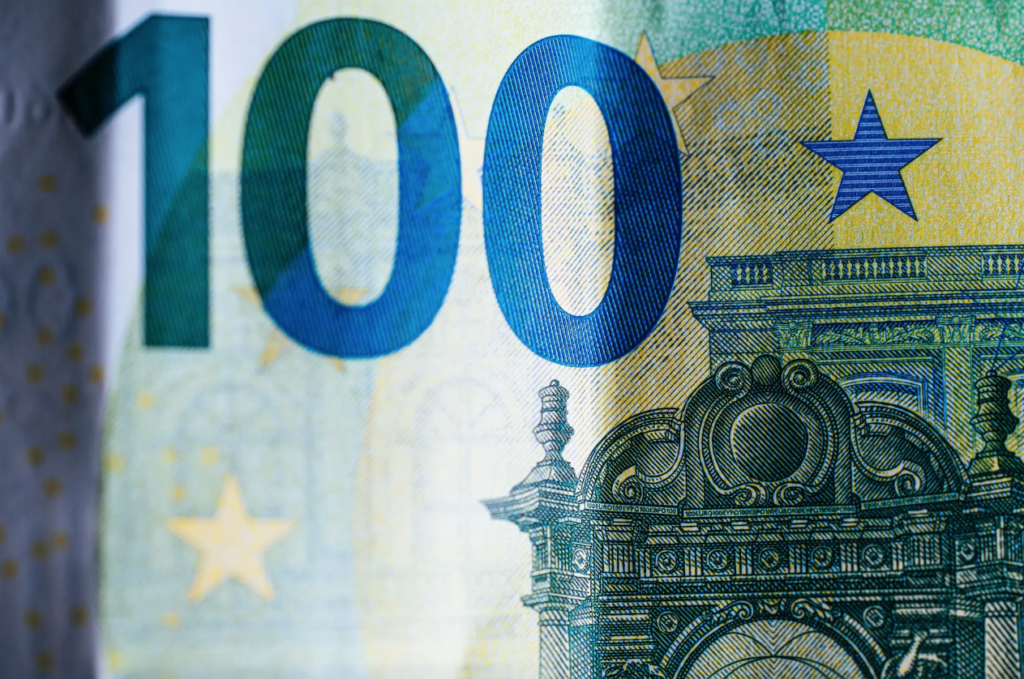Foreign Council formalises EU position on green diplomacy
(sustainabilityenvironment.com) – At the forthcoming climate summit in Baku, Europe will demand that fossil and major polluters such as China and some Middle Eastern countries contribute to global funding to tackle the climate crisis. If the request in Beijing and petrostate like Saudi Arabia and Qatar had already been made last year at COP28 in Dubai, the inclusion among the donors of oil and gas companies is a novelty in the EU position on climate finance at COP29.
Climate finance: EU targets oil & gas at COP29
News that was put in black and white on 18 March by European foreign ministers in the conclusions of the meeting on “green diplomacy“. What exactly will Europe ask for in Baku? The 27 want “more, new and innovative sources of funding” for climate, as part of the New Collective Quantified Goal on Climate Finance (NCQG)the amount of resources that the more developed countries undertake to make available each year to the most vulnerable countries for mitigation and adaptation to the climate crisis.
The first target, set in 2009, was set at $100 billion a year by 2020, and was only reached last year. The new target of 2030 must necessarily be agreed at this year’s COP29. For this reason, climate finance at COP29 will be the real protagonist. The negotiations so far have mainly concerned two points: the total amount, with suggested figures ranging from 1,000 to 2,400 billion dollars a year, and the definition of the countries that must contribute and those entitled to receive funds.
To mobilize this amount of resources, the EU recognizes that “conventional sources of public funding alone cannot provide the amount needed for the new objective”. We need funding “from a wide variety of sources, including the fossil fuel sector and other high-emission sectors, to be identified and used to provide climate finance, including to support the poorest and most vulnerable countries and communities from the point of view climate, in the mitigation and development of resilience against climate change”, reads the Council document.
The passage on China and petrostate is more nuanced but no less disruptive. “The Council invites all partners, from all regions, based on their financial capacities and including those that go beyond the traditional base of development finance providers, to expand their support for climate change adaptation and the financing modalities to respond to losses and damages, including for the fund“, the document states, also referring to the Loss & Damage Fund made operational last year in Dubai.
A position that has already found opposition from China, which for UNFCCC – the UN architecture that manages climate negotiations – is still classified, as in the 1990s, as a developing country. Beijing claims that, at most, its can be a voluntary contribution. While the petrolstati carefully dodge the issue.

